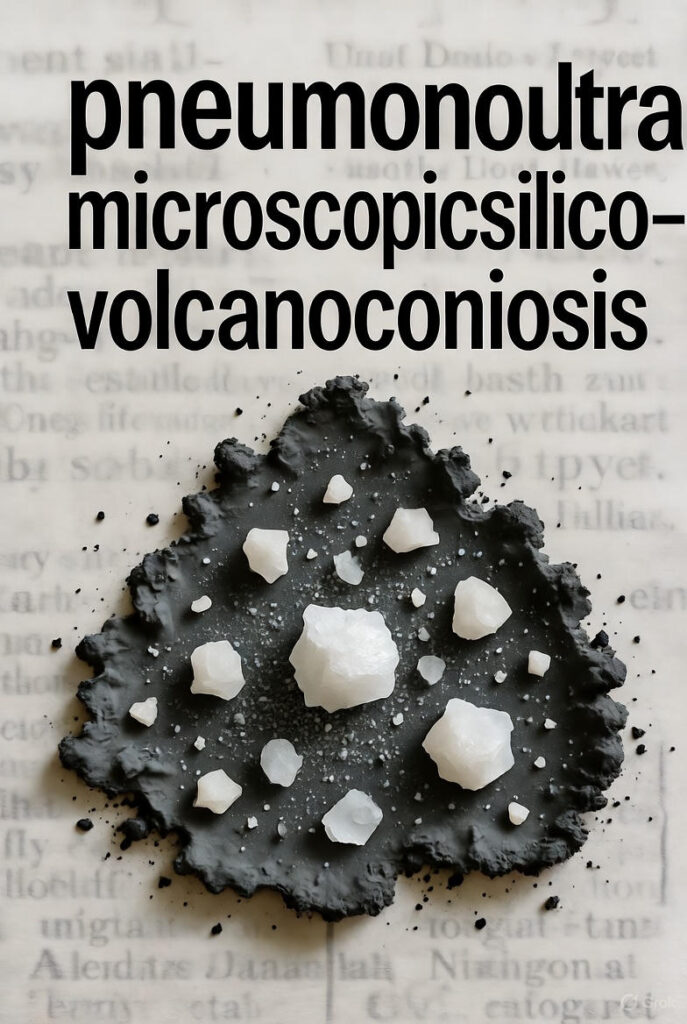The Longest English Word: A Fascinating Linguistic Journey

Have you ever wondered what the longest word in the English language is? Buckle up, because it’s a wild ride! The longest word officially recognized in major English dictionaries is pneumonoultramicroscopicsilicovolcanoconiosis, clocking in at a jaw-dropping 45 letters. Let’s dive into the fun and quirky details of this linguistic behemoth!
What Does It Mean?
This tongue-twister of a word refers to a lung disease caused by inhaling very fine silica dust, typically found in volcanic ash. It’s a type of pneumoconiosis, a group of lung conditions caused by dust inhalation. The name itself is a mash-up of Greek and Latin roots, meticulously crafted to describe a highly specific medical condition. You won’t hear it in everyday conversation, but it’s a favorite among word nerds and trivia buffs!
A Word Born for Bragging Rights
Here’s the fun part: pneumonoultramicroscopicsilicovolcanoconiosis was coined in 1935 during a meeting of the National Puzzlers’ League in New York. Everett M. Smith, the president of the organization, created it as a playful challenge to construct the longest word possible. It was deliberately designed to outdo other long chemical terms and has since secured its place in dictionaries like Webster’s and Oxford English Dictionary. Talk about a word engineered for glory!
Can You Say It?
Pronouncing this monster is no small feat. It’s roughly broken down as: new-mono-ultra-micro-scopic-sili-co-volcano-coni-osis. Try saying it five times fast—or even once without tripping over your tongue! It’s a fun party trick to impress (or confuse) your friends.
Is It Really the Longest?
While pneumonoultramicroscopicsilicovolcanoconiosis holds the crown for standard dictionaries, the world of chemistry laughs in the face of brevity. The full chemical name for the protein titin (the largest known protein) stretches to 189,819 letters and takes over three hours to pronounce. However, since it’s a technical term and not in common use, it doesn’t steal the spotlight from our 45-letter champion. Similarly, place names like Taumatawhakatangihangakoauauotamateaturipukakapikimaungahoronukupokaiwhenuakitanatahu (85 letters, a hill in New Zealand) don’t count as they’re not standard English words.
Why It Matters
Beyond its sheer length, this word is a testament to the creativity and flexibility of the English language. It shows how we can string together roots and prefixes to describe incredibly specific concepts. Plus, it’s a reminder that language can be both functional and downright fun.
Fun Fact Wrap-Up
Next time you’re at a trivia night or want to flex your linguistic muscles, drop pneumonoultramicroscopicsilicovolcanoconiosis into the conversation. It’s not just a word—it’s a conversation starter, a pronunciation challenge, and a quirky piece of linguistic history. So, what’s the longest word you can come up with? Share your thoughts and let’s keep the wordplay going!

























Comments
This post currently has no comments.